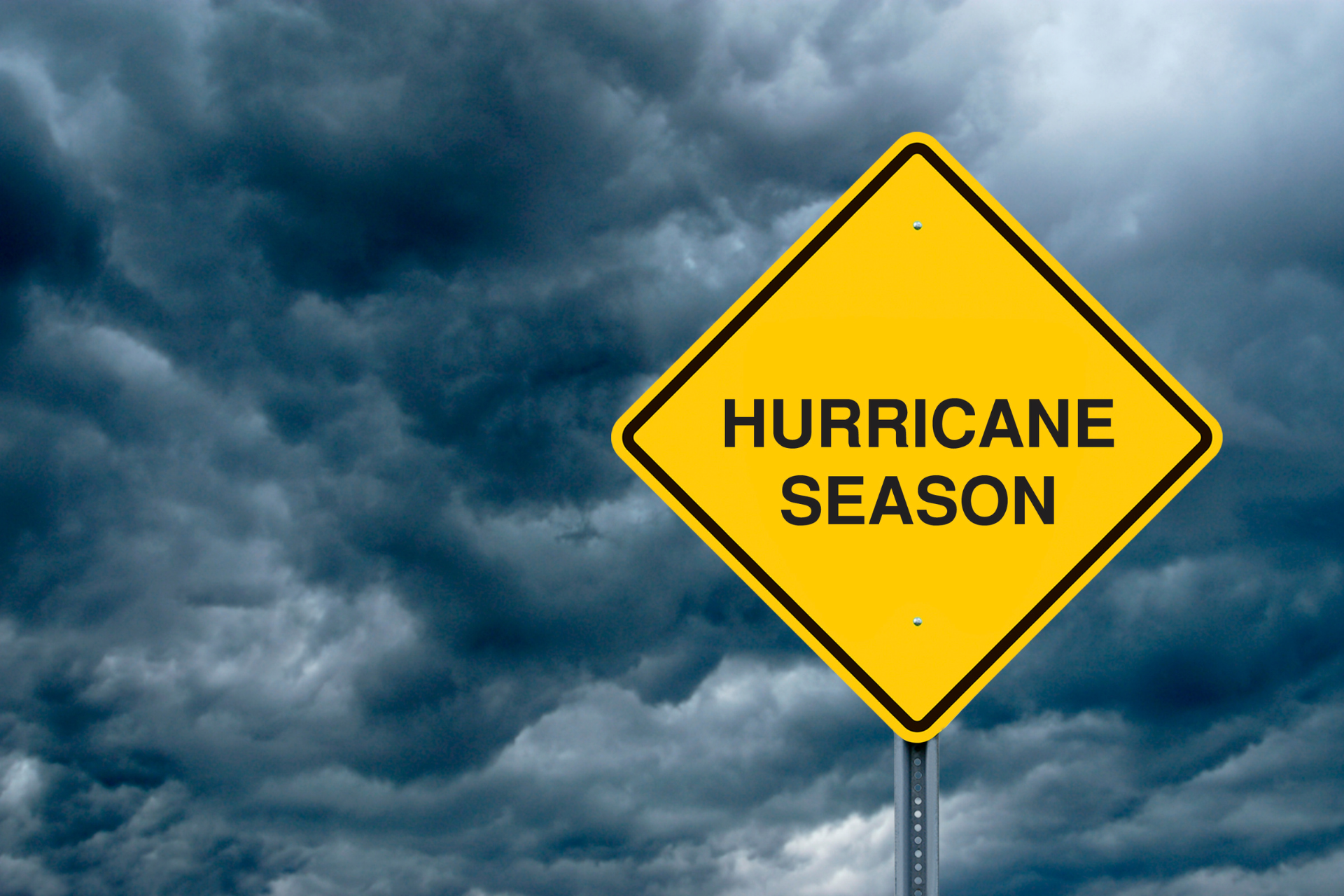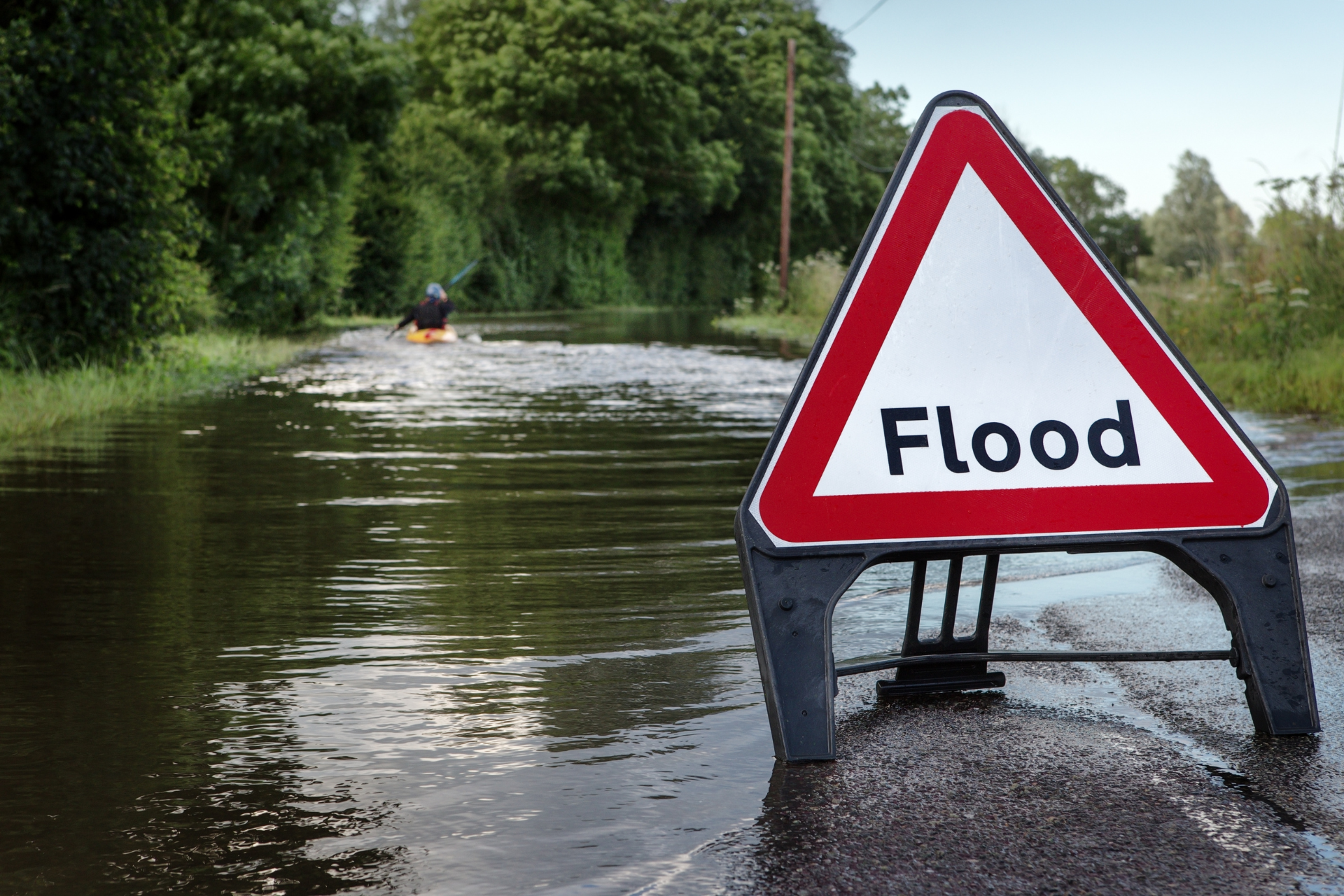As the 2025 hurricane season approaches, it's essential for homeowners to take proactive steps to prepare. The official Atlantic hurricane season lasts from June 1 to November 30, with peak activity occurring between mid-August and mid-October. Reflecting on the high activity levels of the 2024 hurricane season, which included 18 named storms, 11 hurricanes, and five major hurricanes, emphasizes the importance of readiness. While we can't predict the future, preparation can significantly reduce risks to your home and property.
Review Your Insurance Coverage
Ensure that your homeowner’s policy is current and provides coverage for potential hurricane damage. Keep in mind that standard policies often exclude flood damage, so consider a separate flood insurance policy. This precaution can be critical in securing financial assistance in the aftermath of a storm.
Document Your Property
Take clear photos and videos of your home's interior and exterior to facilitate insurance claims if damage occurs. Documentation is a straightforward yet effective way to ensure you're adequately compensated for potential losses.
Trim Trees and Secure Outdoor Items
Loose branches and unsecured outdoor furniture can become dangerous projectiles during high winds. To mitigate this risk, trim trees near your home and secure or store outdoor items. This simple step can prevent damage to your property and improve safety.
Protect Windows and Doors
Consider installing storm shutters or impact-resistant windows and doors to protect against flying debris. If that isn't feasible, pre-cut plywood can serve as a temporary protective measure. This fortification is crucial in maintaining your home's integrity during strong storms.
Inspect and Repair Your Roof
Check for loose or damaged shingles and make necessary repairs to avoid leaks. A well-maintained roof is vital for preventing water ingress during heavy rains, preserving the interior of your home.
Clear Gutters and Downspouts
Clogged gutters can lead to water damage if they overflow during a storm. Ensure proper drainage by clearing gutters and downspouts regularly. This action can significantly reduce the risk of water damage.
Prepare an Emergency Kit
Compile an emergency kit that includes essentials such as water, non-perishable food, medications, flashlights, batteries, and important documents. These supplies are crucial in the event of power outages or mandatory evacuations, ensuring you're ready for any situation that may arise.
Preparation is key to weathering the storm safely. Even if a major storm doesn't occur this season, taking these steps provides peace of mind and better protection for your home. Review your emergency plans and insurance policies now, rather than waiting until a storm is imminent. Be proactive; stay prepared.



























